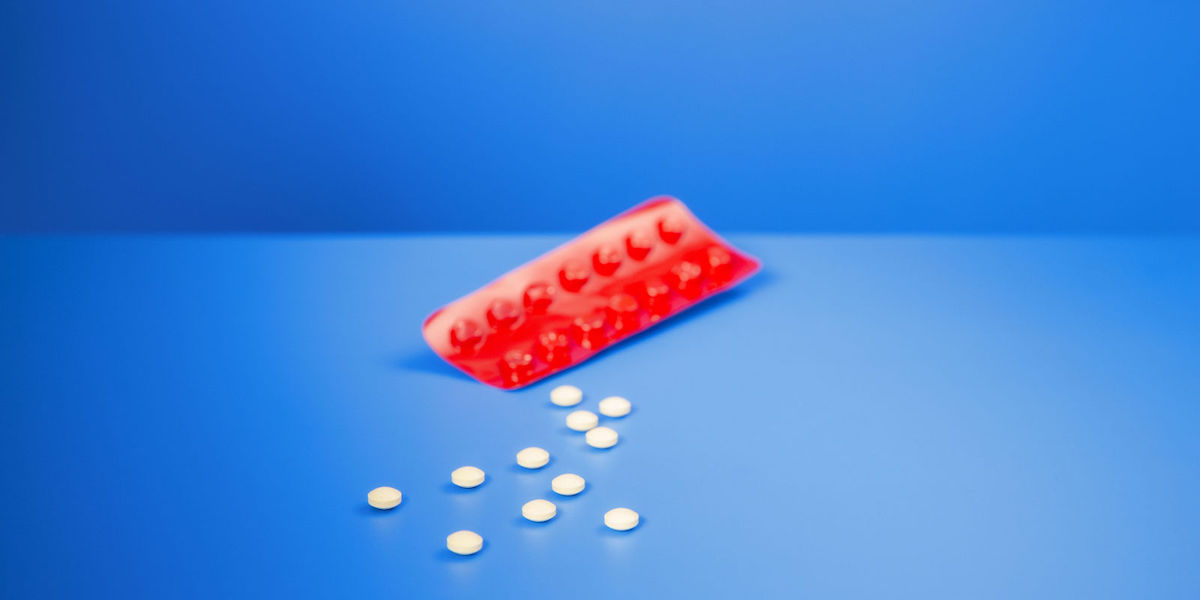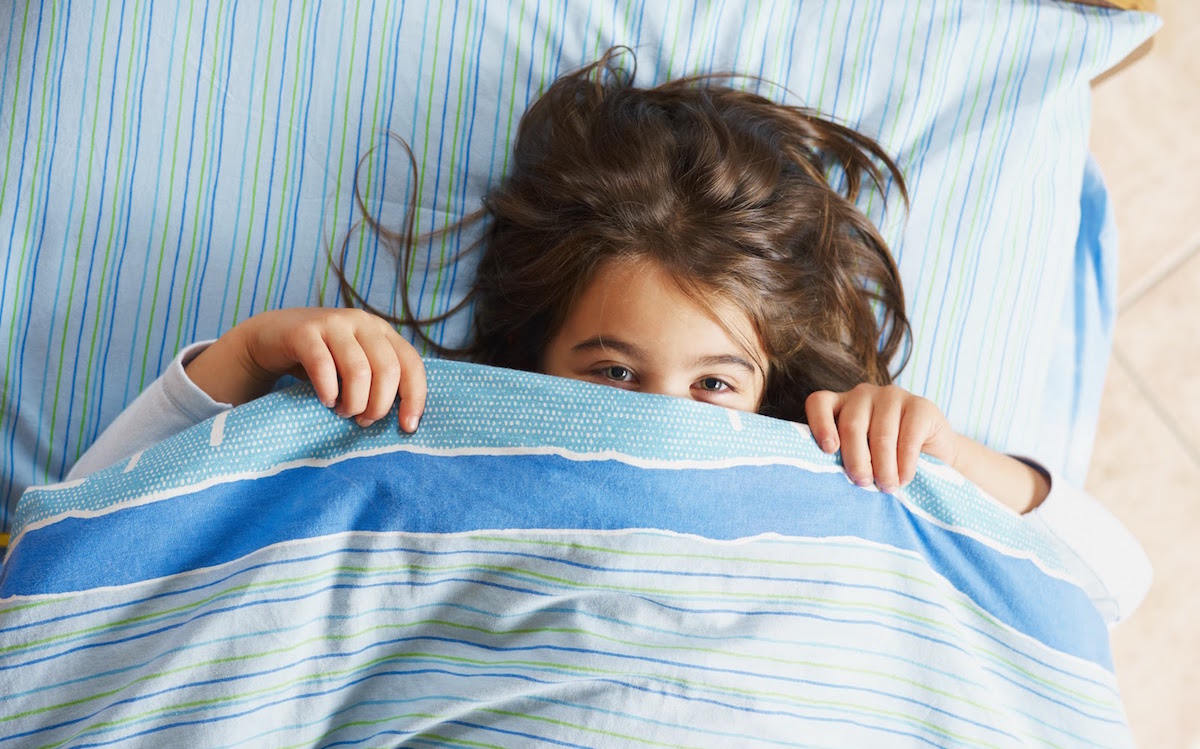2. Try to Avoid Medications

It seems that there’s a pill out there for everything, including bedwetting. Although there are medications like Desmopressin out there that reduce bedwetting, this is only recommended in severe cases because of the potential side effects. Desmopressin does reduce urine production, but it also causes headaches, facial flushing, nausea, and sometimes even severe and potentially dangerous water retention.
Another problem with medications is that they tend to treat the symptoms of bedwetting, but not the cause. “The second you stop the medication, the bedwetting might start again,” says Howard J. Bennett, M.D., a pediatrician in Washington, D.C., and author of the American Academy of Pediatrics’ Waking up Dry. Discuss with your pediatrician the types of prescription medication choices that are available, their side effects, and whether there are other viable alternatives.
